MCAW is an adolescent treatment center that can help reduce behavioral disturbances. There are behavioral disorder treatment options available that can help teens who are experiencing a behavioral disorder. With the help of the parents, the child can return to the behavioral patterns they’ll need to succeed in life. For information about mental health treatment for adolescents, call us today at 855.940.6229.
What Does Behavioral Disorder Treatment Actually Treat?
Many different behavioral disorders may be behind the teen’s behavioral disturbances, such as:
Attention-Deficit/Hyperactivity Disorder (ADHD)
Attention-deficit/hyperactivity disorder (ADHD) is young people’s most commonly diagnosed behavioral disorder. ADHD affects boys more than girls and is characterized by an inability to focus, overactivity, and the inability to control behavior. However, any combination of the three conditions could cause a diagnosis of ADHD.
Hyperactivity symptoms associated with ADHD include talkativeness, being constantly in motion, and experiencing challenges in participating in quiet activities. Impulsivity symptoms of ADHD can include risk-taking behaviors without contemplating the consequences and a tendency to interrupt others. The inattention behaviors associated with ADHD can include difficulty listening to others and being easily distracted.
Oppositional Defiant Disorder (ODD)
Oppositional defiant disorder is a type of behavioral disturbance disorder characterized mainly by the lack of control over emotions and behaviors that a child exhibits. Children with ODD show signs of poor self-control for six months or more. During that time, the child may be angry or irritable most of the time. They may behave vindictively or display signs of defiant or confrontational behavior.
The severity of ODD is determined by the number of settings in which the poor behavior manifests itself. A mild case of ODD will occur primarily in one specific environment, a moderate in at least two, and a severe case in three or more settings.
Conduct Disorder
Oppositional defiant disorder is often a precursor to conducting disorder, and the latter condition can be considered an escalation of the former. A teen with conduct disorder will go beyond merely argumentative or defiant behavior. They may begin showing an active disregard for the feelings of others. They may exhibit signs of violence or other aggressive behavior.
Conduct disorder can occur alongside other mental health problems. Therefore, there is usually a thorough psychiatric examination before any treatment plans are started.
Disruptive Mood Dysregulation Disorder (DMDD)
Like conduct disorder, DMDD can also be seen as a more extreme version of oppositional defiant disorder. A DMDD diagnosis requires more than the typical 6-month duration of other behavioral disorders. It’s characterized by persistent irritable mood and emotional outbursts that last for over a year. Compared to ODD, the irritability of DMDD is more constant and the outbursts more severe.
How Behavior Disturbance Treatment Works
Treatment begins with a thorough diagnosis of the child’s behavioral disorder. Often, there are multiple mental health issues present at the same time. Any treatment plan must consider its impact on all of them.
The treatment pathways for behavioral disturbances vary depending on the condition and severity. However, most treatment plans will contain one or more of the methods listed below:
Parent Management Training (PMT)
This is one of the main strategies for dealing with behavioral disorders. During parent management training, the parents or guardians of the child are taught ways to identify negative and positive behaviors. They are then given tools to plan punishments or rewards appropriate to the behavior.
Cognitive-Behavioral Therapy
One of the most common types of psychotherapy today is cognitive-behavioral therapy (CBT). Every one of us, at times, suffers from cognitive distortions that cloud our judgment of the world. CBT focuses on teaching the patient these common distortions. They will learn how to recognize them and overcome the negative influence they exert over our lives.
Family Therapy
In addition to parent management training, family therapy may be recommended to help those who live with the child. Family therapy can be an excellent tool for families to cope better with behavioral problems. In many cases, behavioral disturbances caused by these disorders make home life much more difficult for everyone involved.
Medication
Certain stimulants are known to help patients with ADHD, though for many other behavioral disorders, medicine is a last resort. Sometimes aggressive and disruptive behaviors can’t be adequately controlled with therapy alone. In these cases, an antipsychotic may be able to calm aggressive behavior. Potential side effects should be considered and discussed with a mental health care provider before making a decision.
Behavioral Disorder Treatment in Massachusetts
Behavioral disturbances can be common among teens and adolescents, but if behaviors persist for longer than six months, this may be a sign of a behavioral disturbance disorder. Depending on the symptoms presented, the teen may be diagnosed with ADHD, oppositional defiant disorder (ODD), conduct disorder (CD), or disruptive mood dysregulation disorder (DMDD).
If a teen you love is struggling with behavioral disturbances, reach out to the Massachusetts Center for Adolescent Wellness (MCAW) today at 855.940.6229. Our team can answer any questions you may have and give you a better understanding of our treatment program and what we treat.

